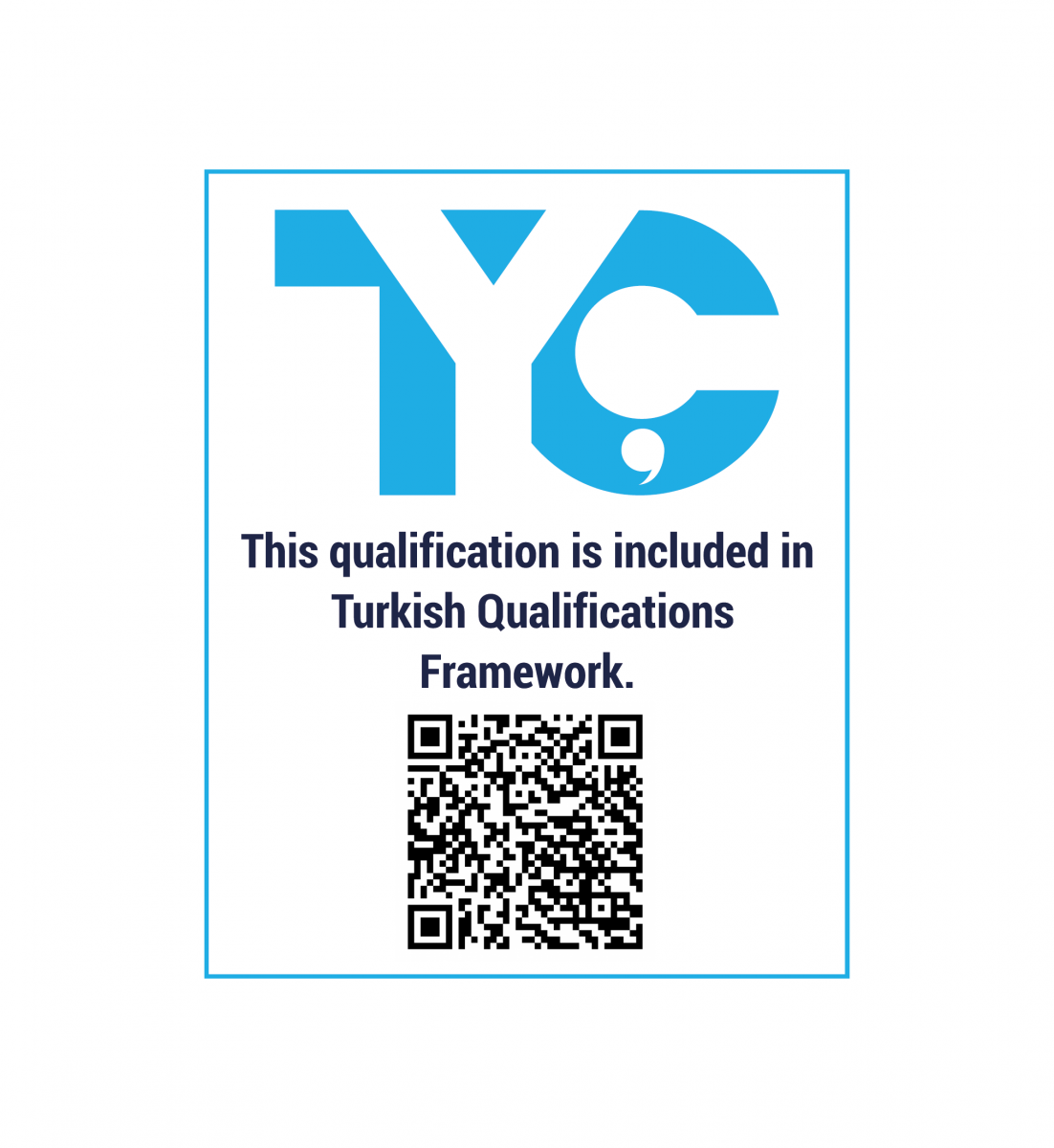Anthropology is a branch of social science that seeks to attain a holistic understanding of human life. It analyzes the diversity of human experiences and how different cultures shape these experiences. Within this framework, it seeks answers to fundamental questions such as, "How do we explain cultural diversity among societies?", "What is the relationship between the individual and society?", and "How do cultural practices, norms, and values change and transform over time in human communities?" Anthropologists examine historical and contemporary interactions and communications of both individuals and communities while addressing these broader questions.
Ethnographic research is the core methodology anthropologists use which distinguishes anthropology from other social science disciplines. Through ethnography , anthropologists analyze social, cultural, and political phenomena at both micro and macro scales such as formations and functioning of ethnic and religious groups, kinship relations, ecological changes, and global economic systems including capitalism and neoliberalism as well as their local impacts across the world.
Yeditepe University is Turkey's first and only foundation university to offer undergraduate and graduate-level anthropology education in English. Additionally, it hosts the only Anthropology undergraduate program accredited by FEDEK. Established in 1996, the department aims to train competent anthropologists with ethnographic research skills, deep theoretical knowledge, critical perspective, and ethical research practice. The Anthropology Department at Yeditepe University continues to play a significant role in the establishment and institutionalization of anthropology as a credible and recognized social science discipline in Turkey.

Yeditepe University, Anthropology (English) Undergraduate Diploma qualification was included in the Turkish Qualifications Framework on May 9, 2024.
Our Mission
Yeditepe University's Anthropology Department aims to train competent anthropologists with ethnographic research skills, deep theoretical knowledge, critical perspective, and ethical research practices.The program trains students to recognize theoretical approaches that have developed over the history of anthropology, acquire a solid understanding of anthropological methods, and gain research skills.
Our Vision
The Anthropology Department aims to educate students as individuals who are aware of cultural and social diversity, capable of examining the social behaviors of people, and able to analyze the complex structure of contemporary society. In line with this goal, the department encourages students to utilize their knowledge and skills in various sectors, embrace scientific ethics and professional integrity, understand how scientific research is conducted, and possess critical thinking skills.
2023 YKS Base Scores and Rankings (EA Score Type)
|
Scholarship Type |
General Quota |
Placed |
Lowest Score |
Lowest Ranking |
|
Full Scholarship |
11 |
10 |
346,28 |
173 966 |
|
50% Scholarship |
8 |
8 |
239,62 |
1 015 842 |
We have agreements with fourteen different universities from various cities across Europe as part of the Erasmus+ student exchange program, allowing our students to take advantage of this opportunity.
To view our current Erasmus+ / Exchange Agreements, click here.
To access the International Office's webpage, click here.
The fees for the Anthropology Department within the Faculty of Arts and Sciences at Yeditepe University for the 2024-2025 Academic Year are listed on this page.
Yeditepe University offers privileged and highly diverse scholarship opportunities to successful students. For detailed information about scholarship opportunities, click here.
Our graduates from the anthropology department have opportunities to pursue careers in a wide range of fields. They can take on influential roles in private firms, museums, media organizations, universities, government agencies, and companies conducting market research. Additionally, they have the potential to attain significant positions in global prestigious organizations operating internationally, such as UNESCO, UNICEF, ILO, and WHO. Anthropology graduates also have various career opportunities in the realm of non-governmental organizations (NGOs). These organizations offer our graduates the chance to work on important and timely issues such as human rights, environmental protection, education, and health, allowing them to enhance their field experiences and assume effective roles in community-focused projects.
Furthermore, anthropology education equips our graduates with a range of valuable skills in understanding cultural diversity, conducting in-depth analysis, and effective communication, making them valuable assets in the business world. In recent years, there has been an increased demand for anthropology graduates, especially in areas such as market research, user experience research, and advertising. This demonstrates the potential for our graduates to build successful careers not only in the public sector but also in the private sector.
The Bologna Process is a reform program that covers the process of creating harmonious university areas across Europe, implementing standards, and minimizing privileges in educational programs. Within the scope of the Bologna Process, there is a mutual exchange of students and academic staff, international exchange of information and recognition of higher education institutions, sharing of educational competencies, and transparency. Our students, who are included in the Bologna Process, which focuses more on students, continue their education life consciously and more actively. Click to review our Bologna Information Package.